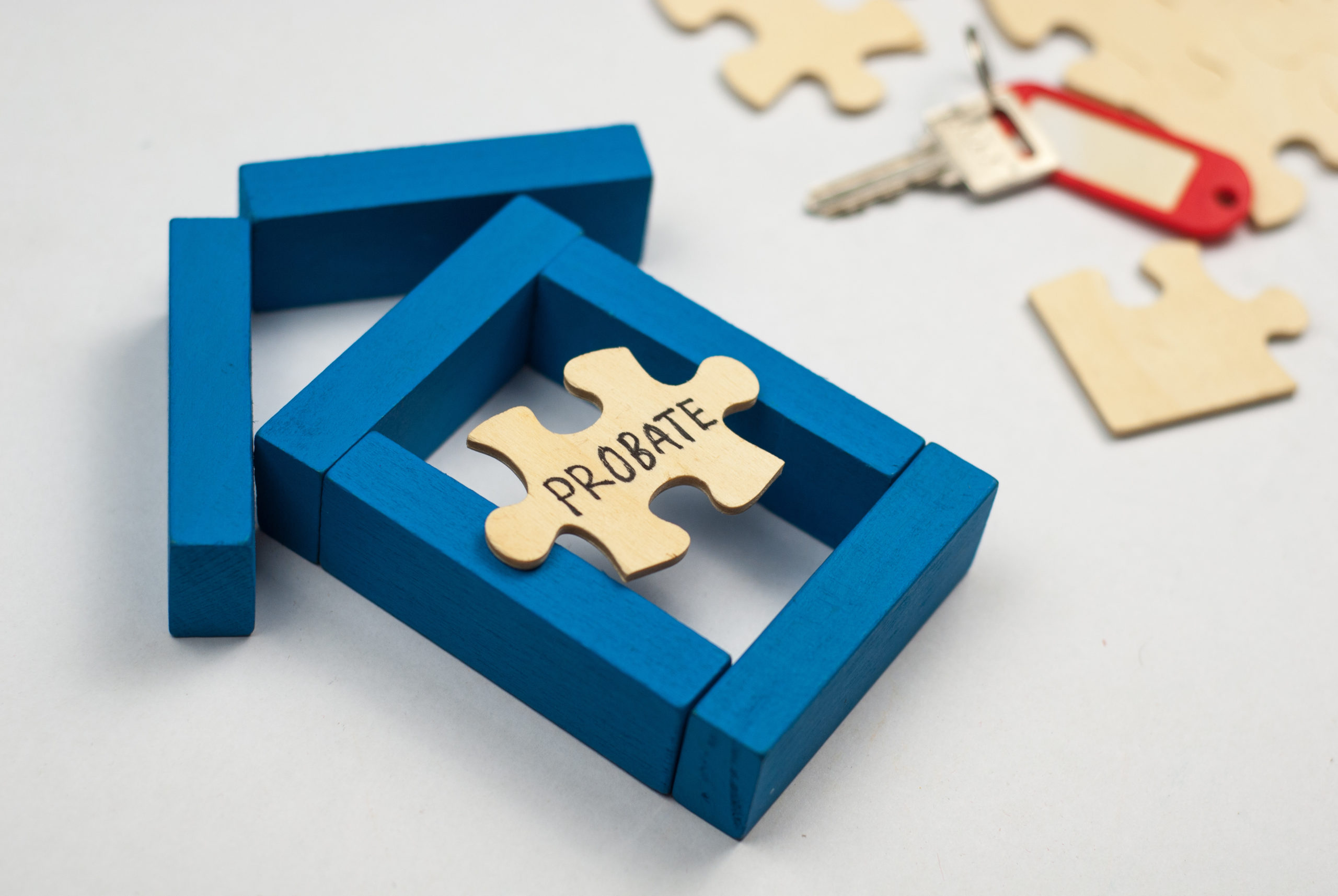

 There are several reasons why you might want your estate to avoid Maryland probate after you pass away. The probate process can be frustrating, time-consuming, and costly. In addition, probate is a public process, meaning anybody can get information about your debts, creditors, assets, and more. Probate can also take a very long time complete, and during the probate process your beneficiaries will be unable to receive their inheritances. This could become a serious problem if, for example, your spouse does not have money readily available for mortgage, automobile, and insurance payments, or to meet other pressing financial obligations.
There are several reasons why you might want your estate to avoid Maryland probate after you pass away. The probate process can be frustrating, time-consuming, and costly. In addition, probate is a public process, meaning anybody can get information about your debts, creditors, assets, and more. Probate can also take a very long time complete, and during the probate process your beneficiaries will be unable to receive their inheritances. This could become a serious problem if, for example, your spouse does not have money readily available for mortgage, automobile, and insurance payments, or to meet other pressing financial obligations.
Fortunately, an experienced Maryland estate planning attorney can structure your estate in such a way that it will avoid the probate process entirely. Let’s take a look at some ways to avoid probate in Maryland.
Living Trusts
With a properly designed and implemented living trust, ownership of your assets is transferred to your trust. You can maintain control of these assets while you are alive by naming yourself as trustee. You will also name a “successor trustee” to manage and distribute the assets after you pass away. Upon your death, your successor trustee will be able to transfer the property in the trust to your beneficiaries without probate court proceedings.
Joint Ownership of Property
If you and another person jointly own property with the “right of survivorship,” when you pass away the surviving owner will be able to take possession of the property without probate. Maryland offers two forms of joint ownership. Joint tenancy requires you and another person (known as the joint tenant) to each own an equal share of the property in question. Tenancy by the entirety is similar to joint tenancy but it is only permitted for married couples. You should know, however, that owning property with another person who is not your wife can be problematic and may subject you to creditor claims and liabilities of the co-owner.
Payable on Death Designations for Bank Accounts
In Maryland, you can add a “payable-on-death” (POD) designation to bank accounts such as savings accounts or certificates of deposit. You still control all the money in the account—your POD beneficiary has no rights to the money, and you can spend it all if you want. At your death, the beneficiary can claim the money directly from the bank, without probate court proceedings.
Transfer-on-Death Registration
Maryland allows you to register stocks and bonds as “Transfer-on-Death” (TOD), which permits your named beneficiary to inherit them without probate after your passing. Your beneficiary can work directly with your broker to transfer the account. Maryland also allows you to use TOD registration for vehicles. You simply designate a beneficiary when you register your vehicle with the Motor Vehicle Administration. It is worth noting that Maryland does not allow for the transfer of real estate using a Transfer-on-Death Deed. (Ownership of real estate can be transferred without probate through joint tenancy and tenancy by the entirety, a living trust, or other means.)
To help ensure your estate will avoid probate, call the Law Offices of Clifford M. Cohen at (202) 895-2799 to schedule a meeting. We can meet in-person at our office or virtually via Zoom and other platforms. Also, if you are responsible for settling an estate through probate, we can provide experienced, compassionate counsel and guide you through the process from start to finish.

© 2025 Law Offices of Clifford M. Cohen | Phone: 202-895-2799
5335 Wisconsin Ave NW #440, Washington, DC 20015